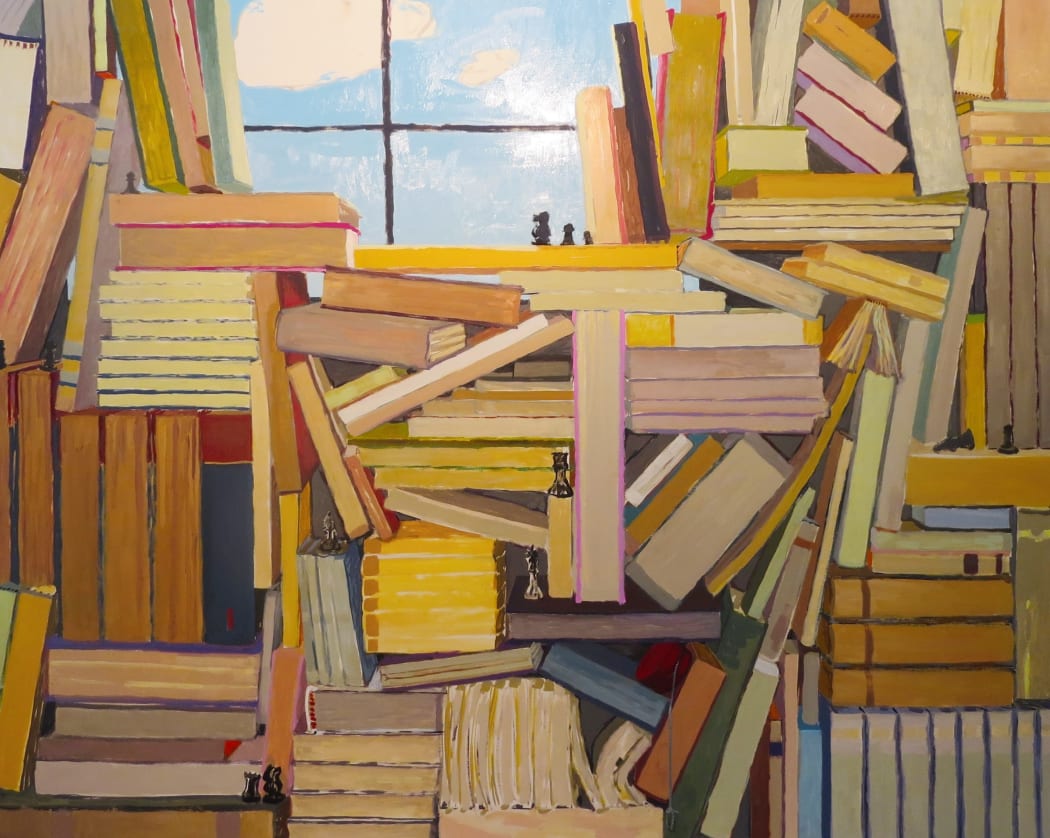
"Space, Light, and Disorder" is our current exhibition exploring the relationship of artists and chaos. The group show is curated by one of our gallery artists, Marilla Palmer, and we asked her to discuss her process of creating the show and her insights into what you can expect.

KK Kozik, Czech, 2015
What drew you to the theme of exploring the role of disorder in the lives and work of artists?
Being an artist is disorderly. Basically, my studio is a mess. When I visit other artists' studios I like to see their mess too. It's a little voyeuristic, but affirming, to see the odd stuff piled around with partially finished works coalescing in and out of a state of chaos. But there's the other side of disorder, you know, the mental one. The artistic process is like going deep into the rabbit hole and getting lost, if you're lucky. This process is so addicting. You can get so deep inside yourself, your own space, that you're outside of yourself. Then something pops out that you don't know you've created, some crazy idea or use of materials. Things get illogical, but have a certain order that feels right. The rabbit hole has a strange kind of disordered, internal architecture.
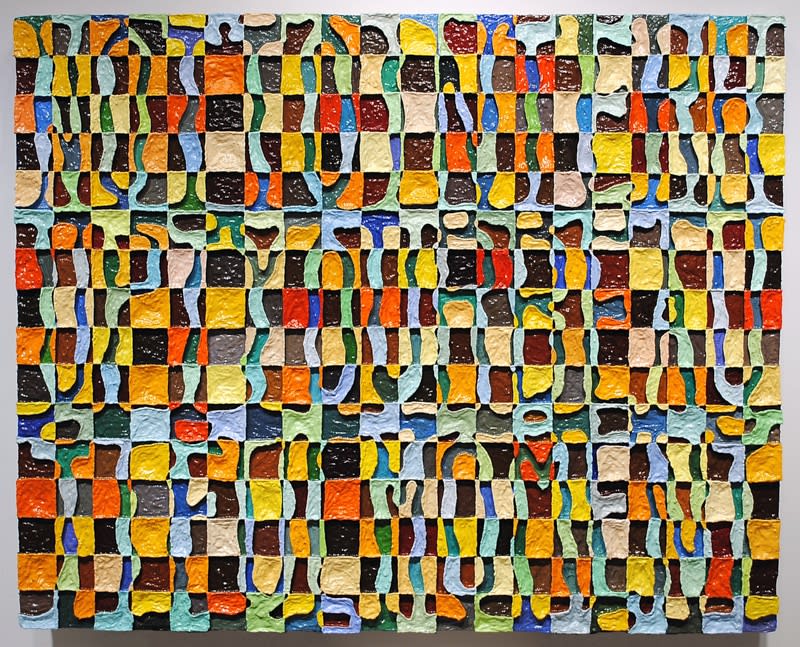
Bruce Pearson, Not to interrupt your beautiful moment, 2013
How does the idea of disorder translate to the pieces in the show?
I was already working on a show idea for Kathryn about how artists work with space as defined by light, so the Le Corbusier quote that ended up being the foundation for the show was a gift.
"Space and light and order. Those are the things that men need just as much as they need bread or a place to sleep."
I tweaked the quote a bit to be "Space, light, and disorder," and it defined the artistic process I was thinking about. Disordered space veers towards the uncanny.
Some of the artists work directly with the other implied category in the title, architecture, by messing around with rooms and furnishings, or referencing messy rooms. Patterning is a form of ordering chaos going back to disrupted patterns.
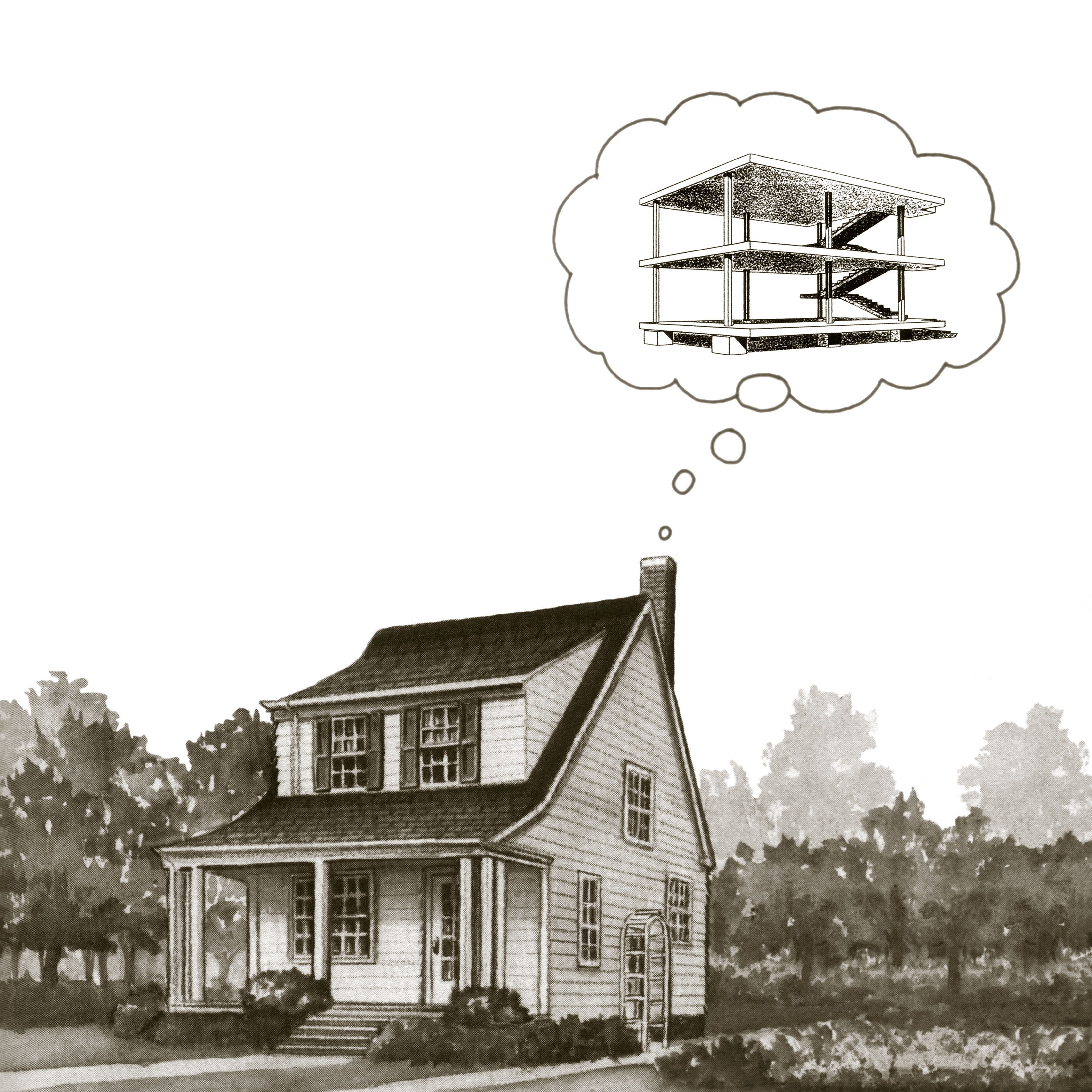
Peter Dudek, House Dreaming, 2015
What are some ways the artists play with space and light in their work?
One of Johnson's sculptures actually plugs in and lights up, so that's pretty literal. Rendering and perspective imply space and light, but other surfaces are carved, punctured, or distressed which complicates the spatial illusion.
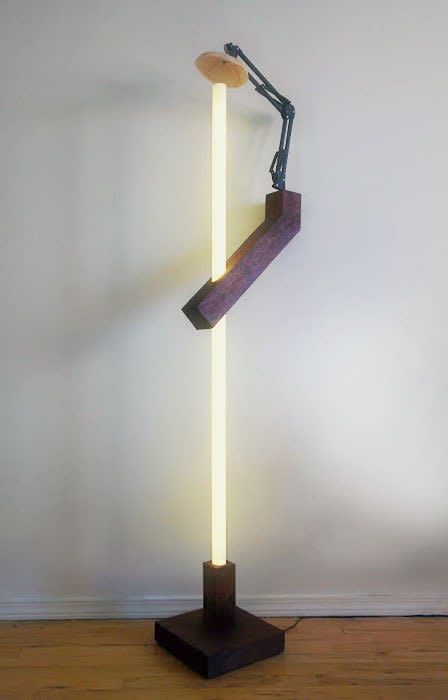
Joshua Johnson, Razonbilidad, 2015
What was the curation process like?
Art making is so solitary that it's great to look into someone else's process, to see where and how other artists work. Since I'm an artist, curating my process is intuitive, but for this show I had a pretty clear notion of work by specific artists dealing with space that got me started. Then I went through the mental Rolodex of artists whose work I'd seen over decades. But there is one younger artist, Joshua Johnson, whose work I saw in the Greenpoint Open Studios a couple of years ago whose work is an amazing contribution to the show.
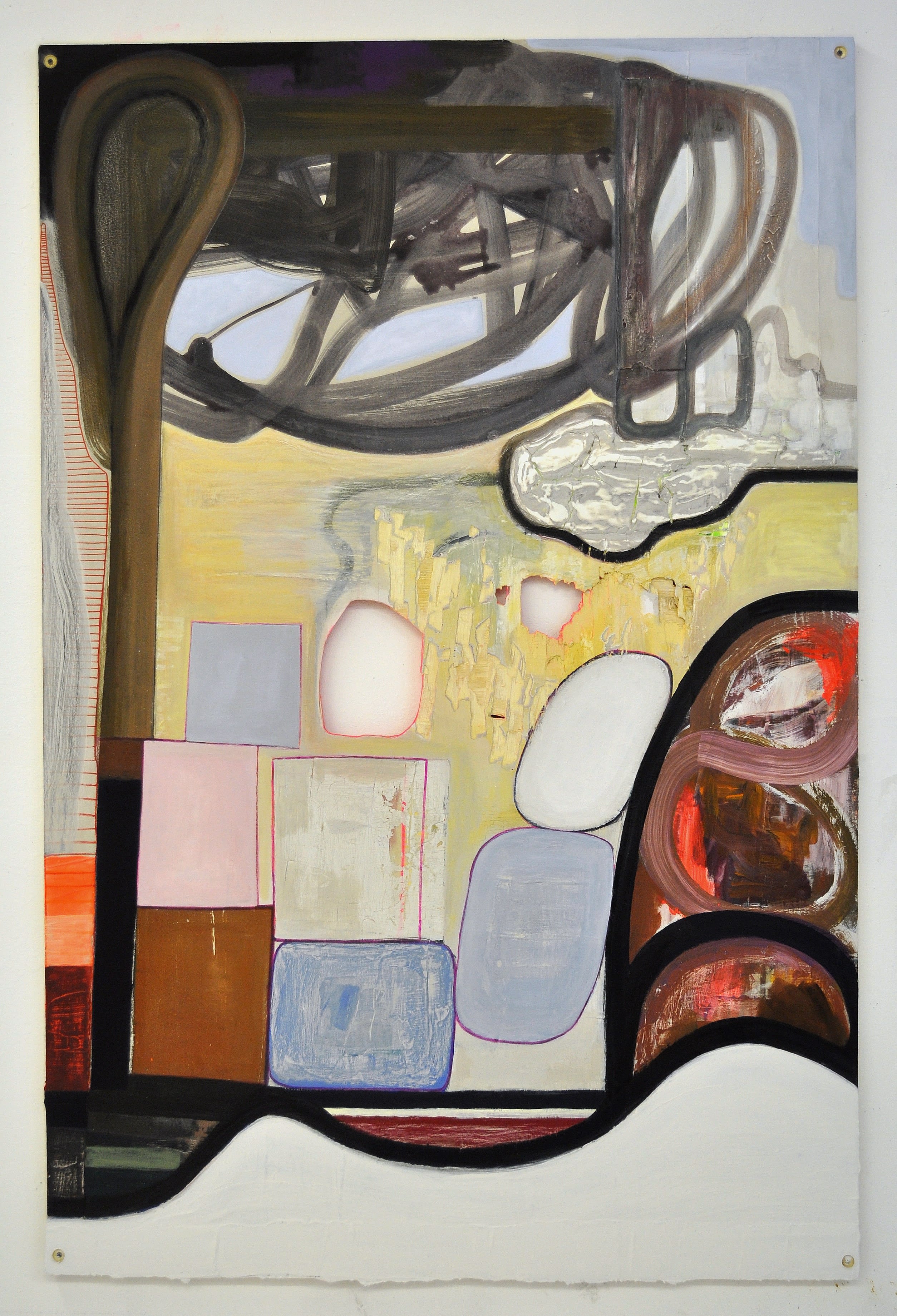
Theresa Hackett, Dusty Memory, 2014
How do you think your sensibilities as an artist reflect in the show?
I've always had an interest in light, both in how it's depicted in art and even more with looking at light outdoors. Natural light is always shimmering and never stands still. Space is just very confusing, so that has been a compelling subject for me. I've made sculptural installations using programmed LEDs, and my current collaged watercolors are rendered from shadows cast by branches. The work in the show is pretty eclectic, which reflects my interests.
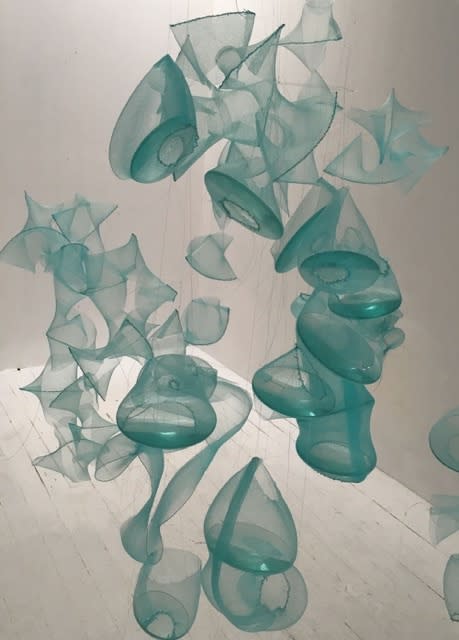
"Space, Light, and Disorder" is on view from January 7th through February 13th, 2016.
It features our artists Marilla Palmer and Sydney Licht, along with Peter Dudek, Dawn Clements, Caroline Cox, Joshua Johnson, KK Kozik, Bruce Pearson, and Theresa Hackett.

